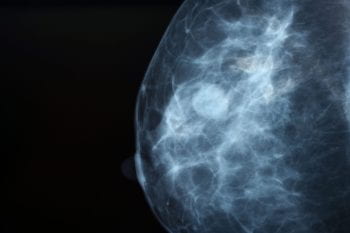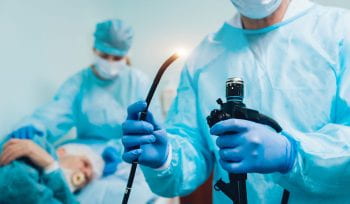We’ve found a troubling rise in breast cancer rates among U.S. women under 50. Experts, including those from our PHS team, point to various factors such as lifestyle, environmental changes, and shifts in fertility as potential contributors. Learn more
Breast Cancer Rates Climb Among Younger Women (Links to an external site)









